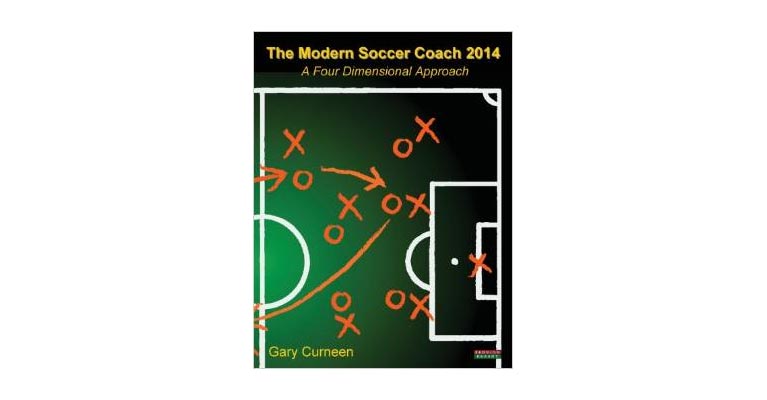With Manchester United’s slow start to the domestic season, there has been a lot of talk this week about whether coaches should implement a philosophy or play with a system in which the players are already comfortable with. There are different opinions flying the footballing airwaves globally. This is what coach Gary Curneen thinks.
In theory, developing a philosophy and style of play is easy for a coach. It does not take much to announce that you want to play like Barcelona and entertain the crowd every week.
The difficult part is when the games come thick and fast – and we are all at the mercy of good old results. That is when your philosophy is really put to the test. A bad result and players can question methods. A couple of bad results and those questions may even start coming from within.
Doubt and Worry
A coach’s worst enemy is doubt. Therefore, before taking a team on a journey, the coach must be fully confident in his work and approach. Coaches like Rodgers, Van Gaal, Guardiola, Martinez, and Villa Boas all stand on principle when their philosophies are criticized – even when they have to stand alone.
Although the tactical side of the game is vital when establishing a blueprint, the work must extend off the field too. Jose Mourinho puts relationships at the very top of his coaching philosophy because “when things go bad, relationships keep control and balance in the team.” He constantly works on strengthening his bond with his players so when they do hit a bump on the road, they never second-guess the direction of the team.
Thought Overload
Patience is vital and it is important that coaches do not simply bombard their players with information and expect them to implement it right away. Self discipline tends to crumble with mental overload so the more information you give to a player, you may see his/her performance levels decrease.
Louis Van Gaal is attempting to do the same thing with Manchester United; “As coaches we have to give a lot of information. Too much, I think. Compare it to when you go to an airport for the first time. If I go to Manchester: what terminal, where is my flight, where do I have to park? How long is the queue at the desk? All that information, you have to tell me. I go away and know one or two things. It’s the same with the players. That’s the process my players are in and it’s not so easy.”
Same For ALL Coaches
We have found ourselves in a similar situation at CSUB – working on establishing a system of play and changing a culture at the same time. We have been doing this in a number of ways.
Firstly, the quality of our training must replicate the challenges that the players will face in a game and must always ask questions of our shape. If the players fail to recognize the correct stimuli in a game, then skill execution will not be correct.
Secondly, the type of feedback is vitally important to the team. Players cannot change what they cannot see. Therefore, we use game analysis which breaks everything down and then we have daily meetings which refer back to roles, responsibilities, and improving practice.
Thirdly, as coaches we must be consistent in our expectations and our delivery. Our work is not restricted to the technical and physical, it is also about the mental aspect of the game. Players will always respond in a positive way when you give them space and support to work through a challenge, so we must offer our team the same.
The Long Term View
Whether it is the biggest club in the world or a college program, there are no quick fixes to building successful teams. You must establish a solid foundation and work from the bottom up. It is all about developing effective habits that the team can take into games.
An effective system begins by players understanding what needs to be done, having the capability to do it, and then having the commitment to do it every time you step on the field.
My guess is that Louis Van Gaal turns this around very soon. He is demanding more from his players, asking them to solve problems, and is willing to stand by his methods because he has spent years developing and testing them against the best in the world. Surely that is really what coaching is all about.
“The Modern Soccer Coach: A Four Dimensional Approach” is available on Amazon, with more details about the book here: http://www.bennionkearny.com/The-Modern-Soccer-Coach-2014-Gary-Curneen-Book-eBook.htm






